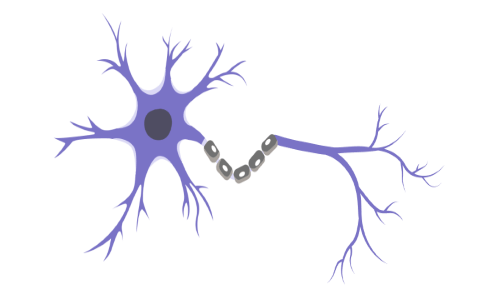
Neural Desensitization to Accelerate Trauma Recovery: NDIT Start-to-Finish (Level 1)
Open to access this content

Open to access this content

Open to access this content

Open to access this content

Open to access this content

Open to access this content